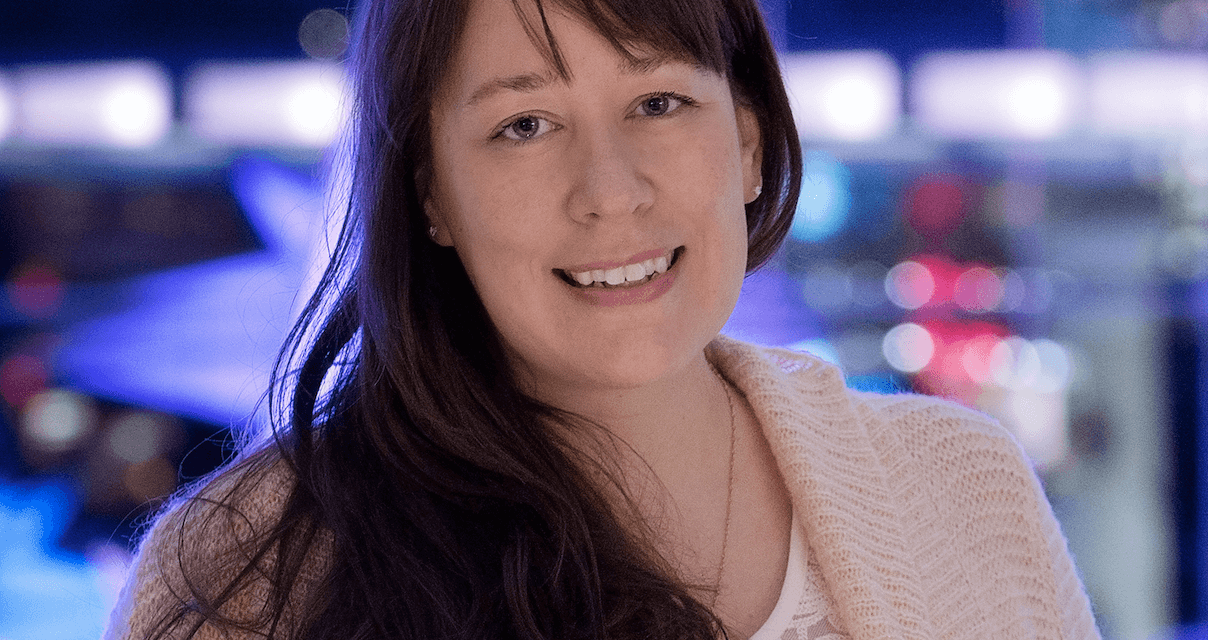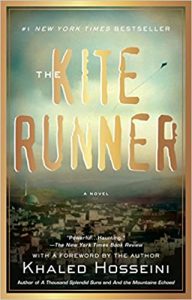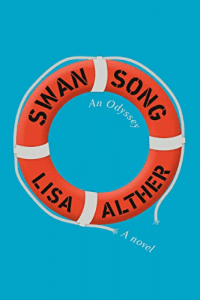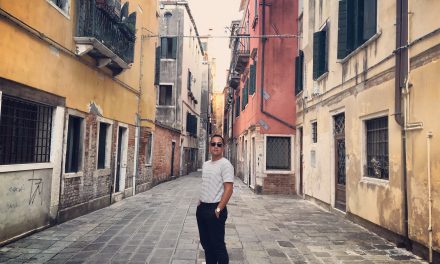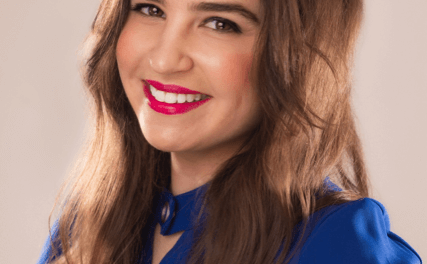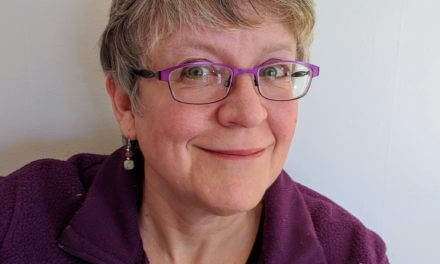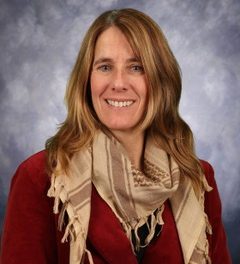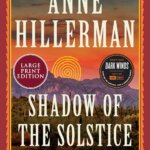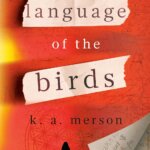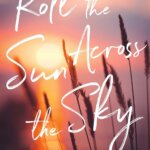Diane Zinna joins me virtually today. She received her MFA from the University of Florida and went on to teach creative writing for ten years. She was formerly the executive co-director at AWP, the Association of Writers & Writing Programs, which hosts the largest literary conference in North America each year. In 2014, Diane created the Writer to Writer Mentorship Program, helping to match more than six hundred writers over twelve seasons. Diane lives in Fairfax, Virginia, with her husband and daughter. The All-Night Sun is her first novel.
SS: Can you share a bit about your background, Diane?
DZ: I grew up on Long Island and attended undergrad at a college just about twenty minutes from my home. When I left for Florida to pursue my MFA in creative writing, my mother sold our house and moved with me—I think that shows how close we were. In grad school, there were very few women in my creative writing workshops, and after my first semester, all my teachers were men. I found that I stopped writing about certain subjects because they wouldn’t be taken seriously. My voice on the page became more sarcastic, more cynical, rougher. I was always in love with language and liked that people saw me as an inventive writer, so all of that surface stuff got amped up, but the things I really loved to write about—relationships, family, grief—went by the wayside during my time there. On my graduation day from that program, my mother passed away. I didn’t write for a long time, and when I did start again, everything I wrote automatically veered into a storyland of loss and grief. I wouldn’t allow anything cynical or sarcastic near my stories anymore. I learned how to make my love of inventive language work in service of character and story. It took me a long time to find my voice again, but now I feel like it is authentically me.
SS: What books inspired you as a child?
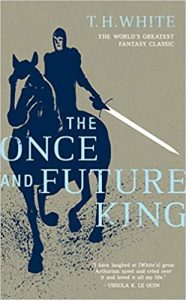
SS: I can’t tell you how many times I’ve read The Once and Future King. Or seen the movie Camelot (hint: I quit counting at fifteen times) or seen the Disney feature, The Sword in the Stone, which is based on T. H. White’s The Once and Future King and includes the scenes you’re talking about. I know you’ve written a lot in interviews about being a parent. Does being a parent influence your writing?
DZ: It does. I feel like it helps me cut through the noise. I once went to a writers’ conference with my daughter, who was then four years old. There can be a tendency at those things to come across as impressive. Having my daughter there helped remind me every moment who I was. I might have been trying to seem some certain way, but then there she goes, running across the dining room and knocking a pitcher of ice water out of a waiter’s hand, and I’m chasing her and I’m mommy again. I remember one evening sitting with a bunch of attendees at dinner when a very famous writer sat down at our table. We all became stupidly silent in his presence. My daughter started telling him about the skunk she saw outside our cabin, and it just broke through all the awkwardness for everyone. Children help us remember who we are.
SS: I was an old writer, coming to it as I hit my sixth decade. Were you a young writer, a late bloomer, or something in between? What advice would you give to others who took up writing at a similar life phase?
DZ: I was definitely a young writer, and I pursued it with fervor and clarity, starting my MFA program right after college. When I graduated, I felt ready to start publishing, to grab this life I’d always dreamed of and make it mine. But my mother’s passing derailed me. And it doesn’t take much to derail a person. Work pressures, illnesses, financial holes … days, weeks, years pass and you can find yourself just trying to get by. We’re writers and we have deep compassion and empathy for others—sometimes we set aside our own goals to care for someone who needs us. And that’s beautiful and part of life. But a book, when it comes, is always right on time. I may not have published my first book until age 46, but I have been a writer all my life, and—to the person reading this right now?—so have you.
SS: What are you working on at the moment?
DZ: I worked on The All-Night Sun for thirteen years, so there have been a lot of stories that have been waiting for me. I am happily and simultaneously working on two books right now: a novel set in Korea, and a memoir about my cousin, who lived on the streets for most of her life and was diagnosed with cancer at the same time I was.
SS: Who do you most wish would read your book?
DZ: Reese Witherspoon. (Please, Reese, please, please.)
SS: I’d add Oprah to that wish list. What kind of research did you think you had to do? How much was actually needed?
DZ: I knew I was going to be talking quite a bit about art in this book, so I did take some art history courses; I knew I was going to be writing about the subway stations in Stockholm, those expansive caverns of art, so I read and studied and visited those places, taking notes. And I studied Swedish for years at a language school near my home, wanting to be close to the feeling of being in that country I loved so much. But most of the research fell away in the end. I think research when done from a place of passion comes to live inside you, and then when you write, details emerge at just the right moment. But you don’t lead with it. You lead with relationship, with story.
SS: Do you believe in writer’s block?
DZ: When I experience this feeling, I know it’s usually me “blocking myself” because subconsciously I know I need time to rest or time to let the ideas come together in my mind. I’ve gotten better at accepting that as part of what’s necessary and healthy to good writing.
SS: Writers are often believed to have a Muse, your thoughts on that?
DZ: Well, one thing people may have heard about me is that I write in my car. So much of The All-Night Sun was written from my driver’s seat in the parking lot of a shopping center near my house. I joke that when I drive there and pull out my laptop, it feels like The Muse floats out to me from the storefront of CVS. But really, I think it’s just that we can train ourselves to be relaxed and creative in any place—it’s just a matter of repetition. I started writing there when my baby was born because it was close by in case my husband called and I needed to rush home to take care of her. It felt like a place where I was safe. For me, that meant I was on my own in a quiet space but close enough in case of emergency. It was a place that allayed my fears and let me relax. It’s been 8 years now, and it’s still my most Muse-y place.
SS: Khaled Hosseini (The Kite Runner) feels he discovers a story rather than creates it. Are you a plotter? Or do let the novel develop organically?
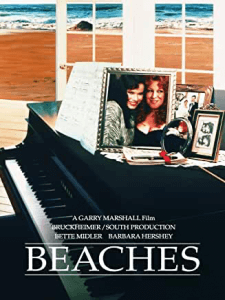
Okay, back to the question—pantser or plotter, right? I will typically draft an outline early on but divert from it almost immediately. I think the exercise of making an outline gives me the confidence to say I can write this book because I can see an end. That gives me the freedom of time and all the permutations I need to get there.
SS: The Kite Runner has always resonated with me, partly because I was in Afghanistan about the time the beginning of the book was set. I have memories of a Kabul that doesn’t exist any more, and it makes me sad. Do you hide any secrets in your books that only a few people will find?
DZ: Not on purpose, but people who know me well will probably spot at least one thing in my book that feels that way. I wrote a scene in The All-Night Sun where a young woman’s high school friends attend the funeral of her parents. There were some details in there from my own experience, and I wonder if any of my high school friends will remember our real, awkward, grief-soaked jaunt through a funeral home years ago, finding the little items we found in basement rooms. I wonder if they’ll remember the jokes they made to keep me from crying.
SS: If you were describing your writing to someone who hasn’t read anything by you before, what would you say?
DZ: I’m a writer who takes grief seriously, and The All-Night Sun doesn’t show mourning wrapping up on the final pages. No one fixes things for Lauren. No one fixes grief for us. It’s something holy that we hold forever. I hope that this story reaches people who have gone through tremendous suffering and sometimes feel unable to connect, people who feel invisible or even unlikeable because of it. I want those people to feel seen and to know that their stories matter. Because it’s those stories that connect us in real ways.
LIGHTNING ROUND:
SS: Describe your book in 3 words: Grief, gloaming, breath.
SS: Gloaming is such a divine word. What book are you currently reading? Swan Song by Lisa Alther.
SS: Your favorite guilty pleasure: Coca-Cola. I titled the collection of short stories I wrote in grad school These Girls Love Soda because every story seemed to feature a girl opening up a can or bottle!
********************
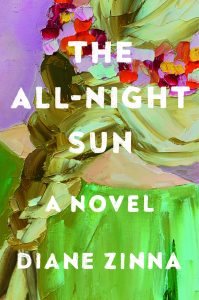
Amazon | B&N | Bookshop | Penguin Random House
********************
An excerpt from Chapter 1, The All-Night Sun:
I taught English composition in the international program at Stella Maris, a small Catholic college outside of Washington, D.C. I was a popular teacher. When class started, my show started. I led with a gentle authority I never quite exacted in real life. The students all wanted to be my favorite. No one was ever disrespectful or unprepared. The other professors complained about their problem students, about how out-of-control some of them were, but I never had behavior issues in my classroom. I loved my students. They participated, and I graded hard, so they worked hard. They didn’t skip my class. Their writing improved.
It was the first job I ever loved. In front of the class, I was always in the moment, fully theirs and full of movement, completely in my body, hands chalky, sitting atop my desk, laughing at their jokes. Students didn’t depart when I dismissed them. They stayed after to tell me about their childhood bedrooms turned into walk-in closets, the jobs waiting for them in their family businesses. They would bring me candy from their home countries and want me to try everything right then. They would tell me how empty an accomplishment could feel when those you love aren’t there to see it, to say well done. I knew what they meant by that. A check mark in the margin of their paper, a nod, a smile.
Many of them would write about being new to the country and all the ways they were struggling to fit in. They didn’t realize how much I connected with them, how keenly I felt their descriptions of not having the right words, of not being in on the jokes, of laughing along to something you didn’t understand when laughter was the last thing your homesick heart could bear. Grief can feel like homesickness.
I was just an adjunct, but I thought that having a few hours each day in front of the room, having the students’ rapt interest and respect, made up for some things. I wasn’t liked by several of the other professors in my department. Maybe they thought I was too young, or that I talked too softly, or too fast. I started out liking them very much. The first semester, some would ask me an occasional question, dropping breadcrumbs because they knew I was hungry for conversation. Weren’t you working in the college library before this? How is it that you’re now teaching in the international program? I’d realize, too late, that I was confessing to them parts meant for friends—a glimmer of connection with a student, a better way to teach something. They brooded. They didn’t like any of my ideas. They didn’t like that I’d never completed my thesis, that I taught at Stella Maris without a PhD.
Was that applause coming from your classroom, Lauren?
Yes, but it wasn’t for me. Someone shared their paper and it moved the others.
Well, of course it wasn’t for you. Do you hear that? She thinks we thought the students were applauding for her. Just close your door, will you? It’s a distraction.
I could have borne it all more easily with one good friend.
It was a wintry January morning when Siri Bergström first came to class early with steaming coffee, one cup in each hand, her portfolio case slung across her back.
I’d noticed her in class. She always sat in the front row, off to my right. When students came in, she would acknowledge each one, sharing a sigh with a girl who also had a long walk from the dormitory, quickly trading notes from a math class with another, always smiling, telling them hej, the other students waving at her, the whole classroom gently tipping in her direction.
“You are so young to be a teacher, right?”
We sat opposite each other in the stillness of my first-floor classroom. Bright, floor-to-ceiling windows met behind her at a sharp glass angle, striped with condensation. We were alone, with just the hum of the radiator and the heat coming off my coffee cup.
“People think that,” I said.
“You write a lot on our essays.”
I looked down at the paper I was grading, at my skinny trail of words winding down the margin. I felt embarrassed.
“I like to read them. They are like whole letters you’re taking time to write,” she continued. “When this class is over, I’m going to save them. Just for what you’ve written down the sides.”
She smiled. I realized she was being earnest. She shook out her hair with her hand and a sprinkle of glitter fell and dusted her desk.
I motioned toward her portfolio case. “What kind of art do you do?”
From her bag, she drew out her compositions: neon paint, glued-down metal grommets, glitter, and brads. They were sparkling multicolored ovals, like geodes, with enough depth that they looked heavy, about to drop through the desk to the floor. I couldn’t think of the words to convey how their complexity startled me. I noticed a tear toward the bottom of one of the canvases that was filled in with gold.
“Some Japanese artists repair broken pottery with liquid gold. It’s a way to highlight what went wrong, to say a break can make something more valuable or more precious.” She ran her fingertip along the sparkling seam. “It’s the same with people, right?”
I smiled. “Right.”
“This is just very, very fine gold glitter. But I use it whenever I make a mistake now.”
She stared at my face intently, like she was listening more to the curve of my mouth than my reply.
“You’re wonderful,” I said, and her face lit up.
That’s how it started. In the beginning, that was all it was. She would come to class early and share her compositions with me. I’d fumble for words to compliment them, but mostly I could sense she just wanted me to tell her that she was good. Then she’d slide them back in her big flat bag, and we’d sit together in silence, attending to our work.
********************
You can follow Diane on social media here:
